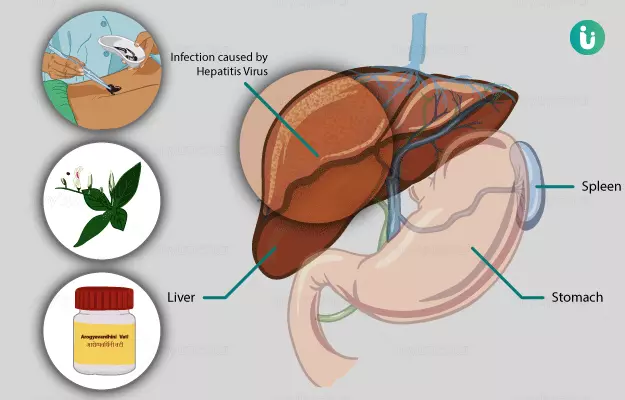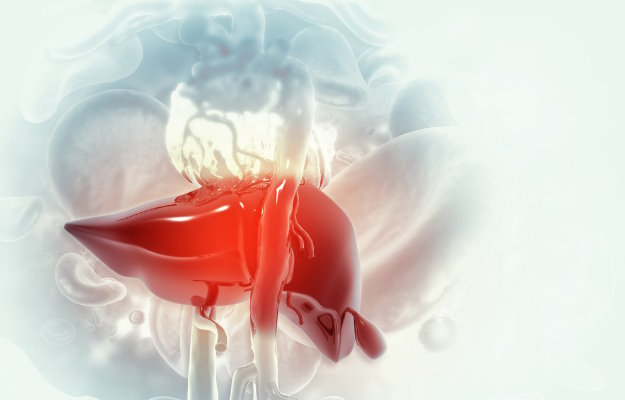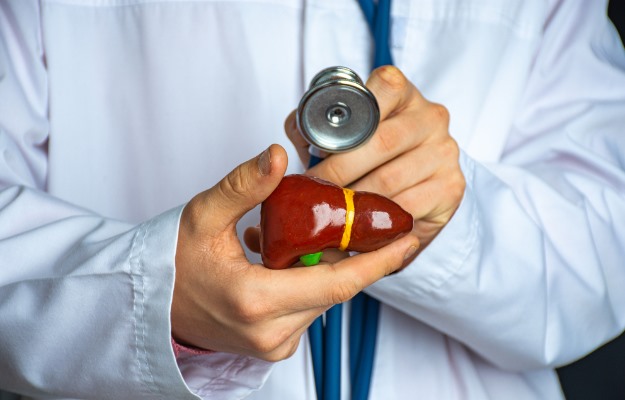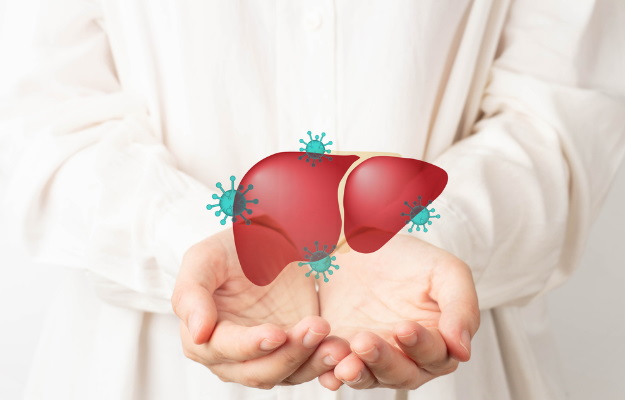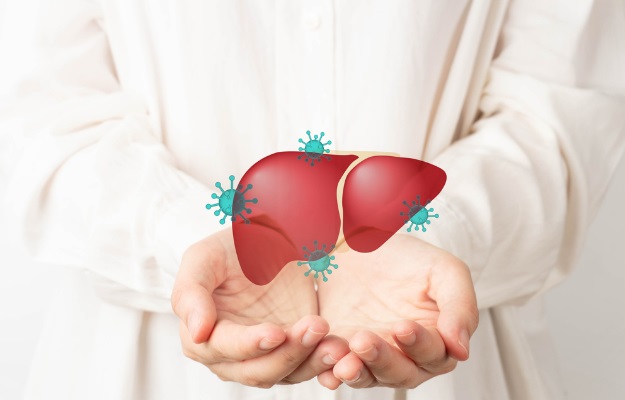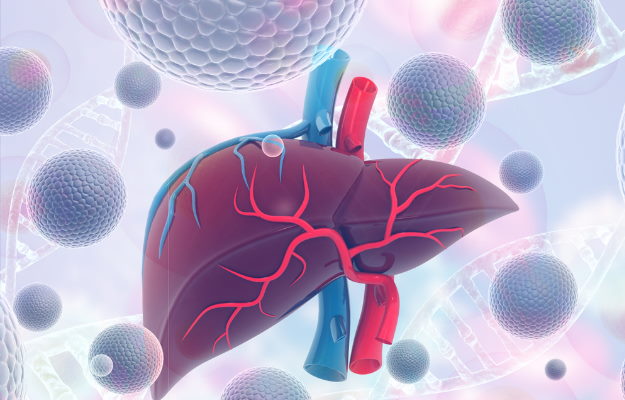Hepatitis is an inflammatory condition of the liver, primarily caused due to hepatitis virus infections. The five main types of viral hepatitis are hepatitis A, B, C, D and E.
Hepatitis A and hepatitis E are commonly caused due to consumption of contaminated food and water, whereas hepatitis C and hepatitis D spread through sexual contact with an infected person or direct contact with infected body fluids. Hepatitis B is also spreads by sexual contact with an infected person; however, it may be transmitted through parenteral contact with infected blood, from mother to child during birth, tattooing and acupuncture. Hepatitis B may not show any discernible symptoms in the beginning but can progress to liver cirrhosis or liver cancer in 8 to 10 years.
Common risk factors associated with hepatitis include consumption of alcohol, other infections and autoimmune diseases. Excessive, regular or long-term intake of certain medicines may also predispose someone to this condition.
Hepatitis can be classified as acute or chronic; the duration of acute hepatitis is less than 6 months, whereas chronic hepatitis persists for a more extended period. Hepatitis B and C generally lead to chronic hepatitis.
Ayurveda describes numerous treatments, herbs and medicines that can be useful in treating liver disorders including hepatitis. Some Ayurvedic treatments for hepatitis include deepana (appetising), pachana (digestive), snehana (oleation), swedana (sudation or sweat therapy), vamana (medical emesis), virechana (purgation), basti (enema) and raktamokshana (bloodletting). Some of the herbs and medicines used to treat hepatitis are katuki (kutki), kalamegha (king of bitters, green chirayta), kumari (aloe vera), punarnava (red hogweed), kakamachi (black nightshade), guduchi (heart-leaved moonseed), daruharidra (Indian beriberi), arogyavardhini vati, kumari asava and punarnavasava.

